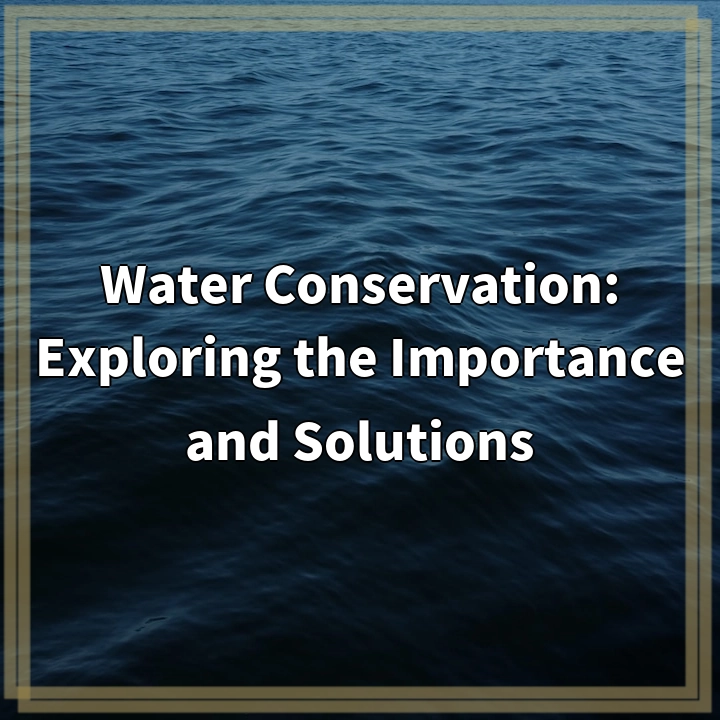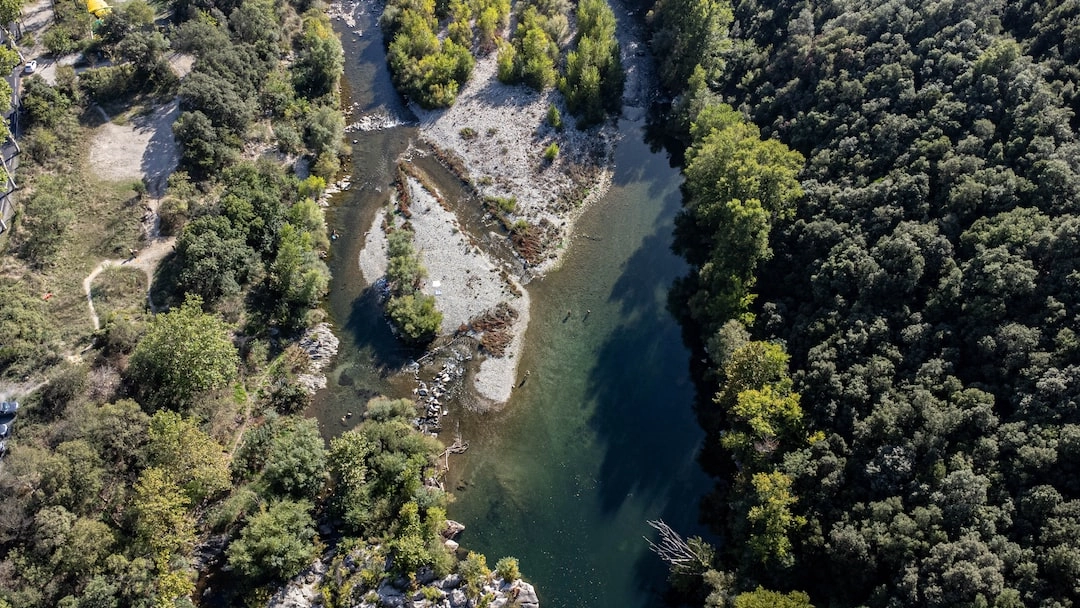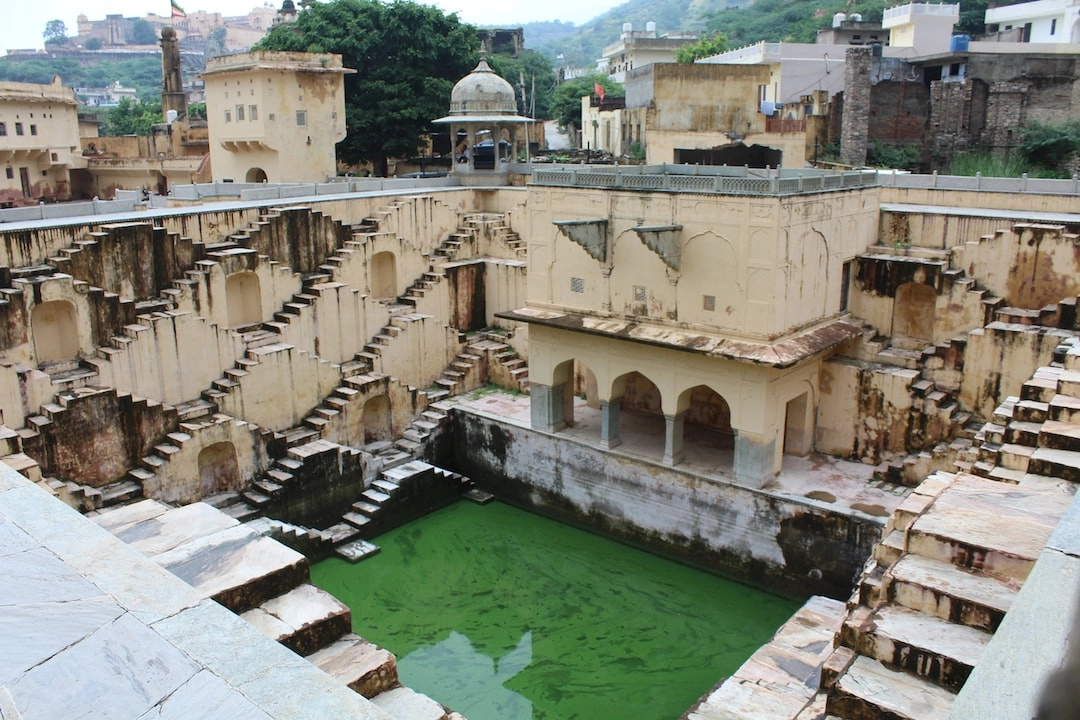
What is Water Conservation?
Water conservation refers to the responsible and efficient use of water resources to reduce waste and preserve this limited and valuable natural resource. It involves making conscious choices and adopting practices that help maximize water efficiency in various sectors, including households, agriculture, industries, and public spaces.
Real-World Problems Associated with Water Conservation
1. Water Scarcity: One of the main reasons why water conservation is crucial is due to the growing problem of water scarcity. Many regions around the world, both in developed and developing nations, are experiencing water shortages, where the demand for water exceeds the available supply.
2. Droughts and Climate Change: Droughts and changing climate patterns are becoming more frequent and intense due to climate change. These conditions further exacerbate water scarcity issues and pose challenges for both humans and ecosystems that rely on water resources.
3. Depletion of Aquifers: Excessive extraction of groundwater from aquifers, often for agricultural purposes, has led to the depletion of these underground water sources. When aquifers are over-pumped and not replenished adequately, it can lead to land subsidence and permanent damage to ecosystems that rely on them.
4. Water Pollution: Water conservation goes hand in hand with efforts to prevent water pollution. Contaminants from industrial activities, agricultural runoff, and improper waste disposal can degrade water quality and make it unusable for various purposes, including drinking, irrigation, or supporting aquatic life.
5. Ecosystem Impacts: Excessive water use can disrupt the natural balance of ecosystems that depend on specific water levels and flow patterns. Reduced water availability can harm aquatic organisms, wetland habitats, and the overall biodiversity in rivers, lakes, and coastal areas.
Addressing these real-world problems requires a comprehensive approach that includes both individual actions and collective efforts. By implementing water conservation strategies and adopting sustainable practices, we can help preserve this vital resource and ensure its availability for future generations.

Solutions for Water Conservation
Implementing effective water conservation measures is crucial in addressing the real-world problems associated with water scarcity and depletion. Here are some solutions:
1. Efficient Water Use
Encourage individuals and households to adopt water-saving habits, such as fixing leaky faucets and toilets, using low-flow showerheads and faucets, and reducing shower and irrigation time. Implementing water-efficient technologies and appliances can also significantly reduce water consumption.
2. Rainwater Harvesting
Promote the collection and storage of rainwater to be used for non-potable purposes like watering gardens or flushing toilets. Rainwater harvesting systems can be installed at individual homes, buildings, or on a larger scale in communities and public spaces.
3. Water Recycling and Reuse
Invest in water treatment technologies that allow for the safe recycling and reuse of wastewater for non-potable purposes. This can include treating and reusing greywater from sinks, showers, and laundry, as well as recycling treated wastewater for landscaping or industrial processes.
4. Agricultural Practices
Promote sustainable agricultural practices that optimize water use, such as drip irrigation systems, precision farming techniques, and crop rotation. Encourage farmers to implement water-saving strategies and technologies to minimize water waste in irrigation and reduce runoff.
5. Education and Awareness
Raise awareness about the importance of water conservation through educational campaigns, workshops, and community engagement. Encourage individuals, businesses, and institutions to make conscious choices and adopt sustainable practices that reduce water waste and promote efficient water management.
By implementing these solutions and fostering a collective commitment to water conservation, we can mitigate the real-world problems associated with water scarcity, protect ecosystems, and ensure a sustainable future for all.















